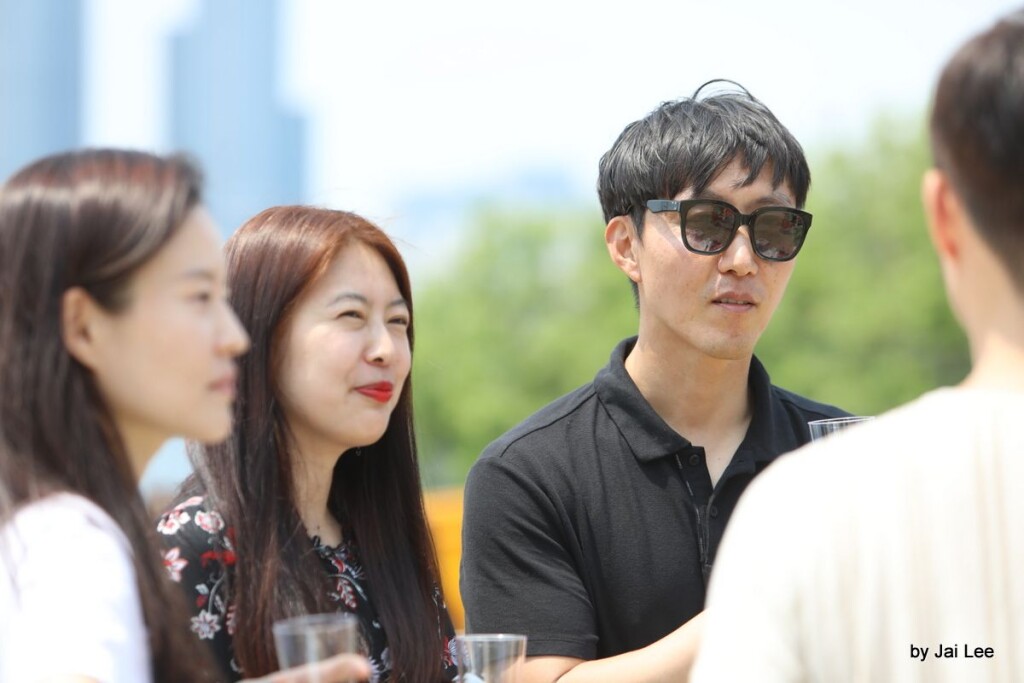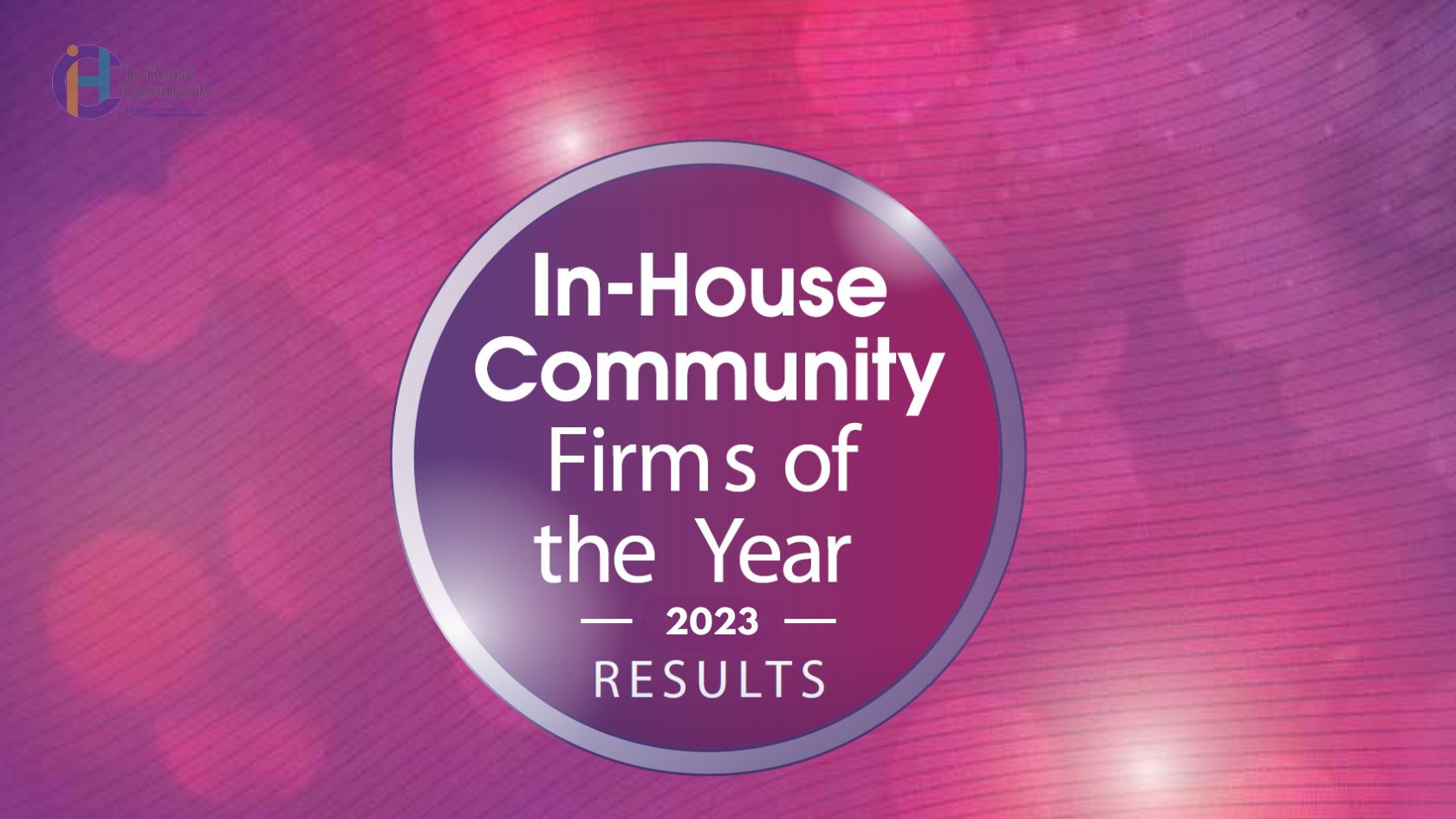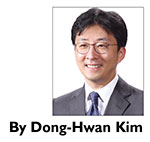
Tell us about your professional background and why you’ve chosen in-house roles for most of your career thus far, as opposed to private practice.
I’m currently a senior legal counsel at Korea Gas Corporation (KOGAS). KOGAS is one of the largest liquefied natural gas (LNG) importers in the world, with imports topping US$20 billion every year, making it also one of the largest private companies in the world. I joined KOGAS in 2017. When I joined the team, there were only a few U.S qualified lawyers to deal with more than 20 projects in the world. So, it has been very adventurous to build up the team until now.
I started my career in private practice at Kim & Chang in South Korea, before moving to the contract department of SK Engineering & Construction Co. Ltd from 2011 to 2016, also spending some time at its Canadian subsidiary, Sunlake Co. Ltd, as a general counsel. I made this move to in-house as, while I did a lot of corporate work, including M&A, while at Kim & Chang, I always wanted to contribute my legal skills and knowledge for South Korea. As a country, South Korea is 94% dependent on imports in natural resources; we just don’t have energy, gas and oil here. So, I decided to focus my career on the energy sector.
South Korea is also a little different from other places. Energy companies in Korea, including private companies and public companies like state owned enterprises (SOEs), don’t often give legal work to Korean law firms due to lack of experience. They usually instruct international law firms and so lots of our local firms don’t have good experience in oil and gas. That’s another reason why I chose to become an in-house counsel and to find a company that could provide me with exposure to the sector in general, not necessarily only legal experience, and so I moved to SK which offered me new experience as a lawyer at that time.
Energy companies in Korea, including private companies and public companies like state owned enterprises (SOEs), don’t often give legal work to Korean law firms due to lack of experience.
There, I worked with all types of engineering, procurement and construction (EPC) contracts. I was involved in negotiating bid documents, drafting of all kinds of different contracts and agreements, including joint venture agreements, EPC contracts, subcontracts, procurement agreements, consortium agreements, joint bid agreements, and joint study agreements. I also assisted the project teams in negotiation of contractual claims and disputes. Then KOGAS came along, which valued this wide experience I had obtained, and it’s now been almost 5 years that I’ve been with them. Just an amazing journey and fantastic experience. I am so lucky.
As senior legal counsel at KOGAS, you manage how the legal function is positioned and marketed within the business and beyond. How do you approach this task?
KOGAS, being an SOE, deals with a lot of confidential information – not only company-wise but government-wise, too. It is actually run by government officers and all approvals come from them. So, the legal department is positioned between the company and government, so to speak. We have to go through the government and lots of legal procedures in coordinating matters between these two spheres. It takes so much time and effort. Patience is the most important thing to deal with the government.
A second issue I faced, particularly when I started at KOGAS, was that there were a lot of great lawyers operating in a hardworking atmosphere, but they didn’t really communicate with commercial teams. And, when you don’t talk, you don’t know what your colleagues want, what they’re dealing with. What I did was to encourage more and better communication. In Korean culture, if you want to really talk to people, you need to go hang out with them. So, we went to dinners and sports events together. After almost 2 years we had managed to foster really good teamwork between legal and commercial departments.
More recently, to further this collaboration, I spoke with the Vice President of KOGAS and I said that we need to deploy our lawyers to the commercial teams to help them understand business perspectives. They can then come back to the legal team and develop their careers with better commercial backgrounds. He agreed, and we sent all lawyers to the project teams. We’re now actually supporting project teams while in the project teams. We’re essentially experimenting a little bit but it’s going well and we’re getting really positive feedback from the commercial teams and others.
COVID-19 has ushered in an era of change. What impact has this had on your work as an in-house lawyer, especially one leading a large team, and what advice would you give to others managing change?
I think a lot of GCs and senior lawyers agree that, workwise, there has not been much change – we do the same work – but lifestyles are changing right now. With young lawyers this is, especially, the case as they didn’t have standard office experiences because as they got here, COVID-19 hit. For example, we have a lawyer exactly 2 years post qualification and he is so confused right now! He’s worked remotely the entire time. But now it’s different and that’s what I’m managing. I have to communicate with young lawyers that, yes, this has been your lifestyle but we’re a big organisation and you simply can’t always put your lifestyle before policy. The trouble with being an SOE is that if I want to change policy, I have to go through government approval and it’s really hard – even if the CEO is onboard because our policy is aligned with the government policy. Finding balance between lifestyle and workstyle in an SOE is tough. If you’re in a private company, you could have flexible hours, but it’s not possible for us. Even flexible hours are not really all that flexible for us! The problem we face now is that we have great young lawyers, smart, hardworking, but they want to go somewhere else because of lifestyles. There are also no incentive systems in SOEs; it’s not easy.
Do you work with external law firms and, if so, what do you most look for in a law firm when outsourcing work?
These days I see a lot of great external lawyers out there and I don’t see many gaps between their skills. So then, what we’re looking for is chemistry. For example, I know one lawyer in an international law firm with great knowledge and experience, but we have communication difficulties which prevent us from working together.
In deciding who we work with, we have a panel list which is renewed every 2 years. We have a big seminar between KOGAS and external counsel to introduce our intent and purpose to have such a panel list. What we tell them is, “We know you’re experienced and have great CVs, skills and knowledge. But this doesn’t really mean a whole lot to us. What we’re looking for is for external counsel to feel like they’re in-house counsel at KOGAS; to really care about KOGAS. One team spirit.” It really works well. Our external counsel really cares about us. We really care for them a lot. It is reciprocal. We are the “Family.”
The pandemic has given us pause to re-imagine the ways in which we live and work, and in what we place import. As a knowledge leader, what topics do you believe need to be envisioned anew?
I think our humanity, especially after COVID-19 hit. As I’ve said, young lawyers had two years of remote work. They hadn’t really connected with people in the company. They were lonely. In general, these days, there seems to be some trouble with communication between people and misunderstandings. In my company, we’re focussing on humanity, on how to build up team chemistry and how to work with other people, inside and outside of the company, too. For instance, we care about external counsel – if anything happens to our external counsel, we’ll be there, too. We’re like family members.
It’s not just about the work. Before work, we are all human.
Keeping talented friends in our company is the most important thing.
Also, keeping talented friends in our company is the most important thing. I believe that money talks, but caring and nursing really works. We always talk about HR, but we don’t talk about humans themselves. We need to focus on humanity more often than ever.
What values/attributes do you believe a budding in-house lawyer should be cultivating to succeed and create an impactful career?
I got a question from one of my young junior associates recently, asking what connections he should be focusing on building. I told him, as he’s worked less than 5 years, to focus on his skills and knowledge first. These days, everyone’s trying to focus on being more exposed and networking. But I think young lawyers (1-5 years post qualification) should develop their skills and knowledge first.

Chung Jin Chung with his wife.
For 5-10 years post qualification, I think lawyers should be exposed to different perspectives. You may have certain skills and knowledge as in-house counsel by this time, but you should expose yourself to commercial teams – go and talk to them, learn from them and make connections with those guys, They’re great people and experts on the business.
After those 5 years building skills and knowledge and 5 years honing commercial skills, you’ll be able to connect with anybody. Without skills and knowledge and commercial acumen, however, no one will want to talk to you after 10 years. It happened to me. It can happen to anybody. Just be patient to build your skill. Time will come for you. I love what the Nike ad says : “Don’t ask if your dreams are crazy, ask if they’re crazy enough.”
Before any all that, the most important thing to me as a lawyer is that I need to become a good person. I think it is the most important thing in my life and my career. Cheers for everyone.



















